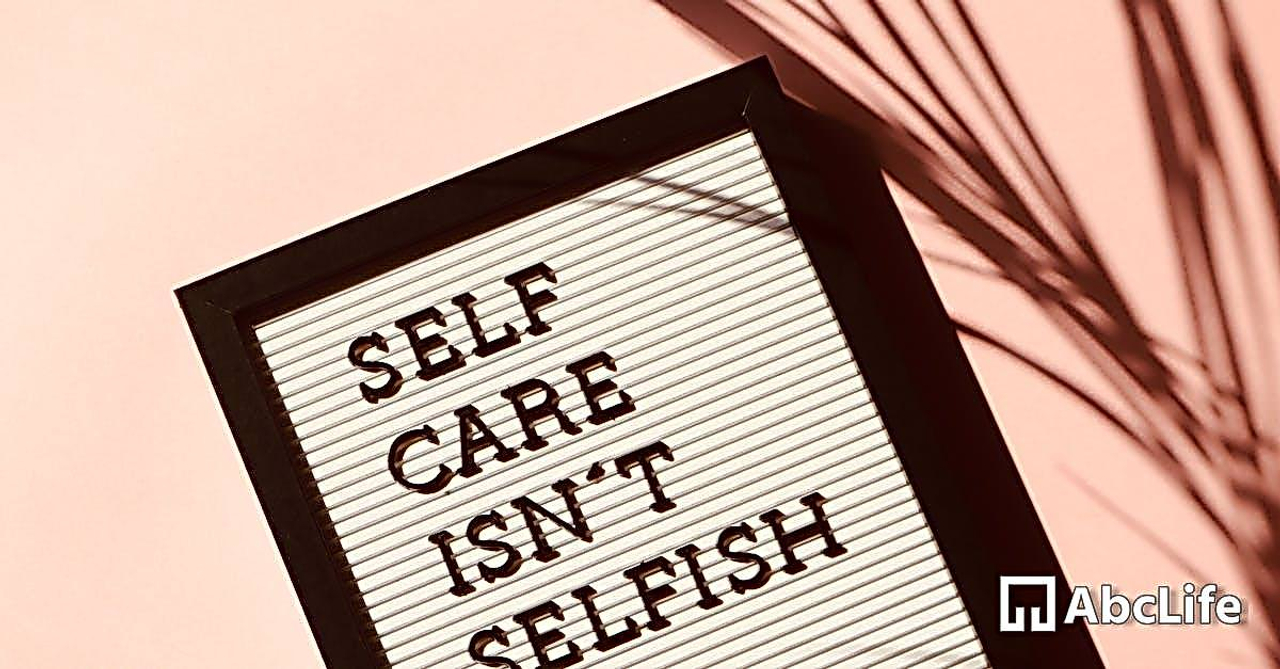Self-care practices are critical components of a healthy lifestyle, particularly when it comes to mental health. If you want to prioritize your mental health, incorporating self-care practices into your daily routine can make a significant difference. We'll look at five self-care practices that can help you improve your mental health and overall well-being in this article. These practices can help you thrive in all aspects of your life, from stress management to self-compassion.
Practice Mindfulness Meditation

Mindfulness meditation is a form of self-care that entails focusing your attention on the present moment. It is a technique for becoming aware of your thoughts and feelings without judgment or criticism. Mindfulness meditation has been shown to reduce stress, anxiety, and depression. It can also boost your mood, make you feel better, and improve your cognitive abilities.
Mindfulness meditation is practiced by sitting in a comfortable position and focusing your attention on your breath. You can also concentrate on a specific sound, sensation, or word or phrase. When you notice your mind wandering, gently bring it back to your point of focus. Mindfulness meditation's goal is not to eliminate all distractions or thoughts, but rather to become more aware of them and learn to deal with them in a nonjudgmental manner.
Set Boundaries and Prioritize Rest

Setting boundaries and prioritizing rest are two of the most important self-care practices for better mental health. Many people nowadays live hectic lives and are constantly on the go, often at the expense of their mental health. Setting boundaries entails learning to say no to activities or events that are detrimental to your health or drain your energy. It's about knowing your limits and appreciating your time and energy. By doing so, you can avoid burnout and maintain a healthy work-life balance.
Prioritizing rest is also important for mental health. Getting enough sleep and taking time to relax and recharge can help to reduce stress and improve mood. Create a relaxing bedtime routine, limit screen time before sleeping, and take breaks from work or socializing as needed. It's also critical to engage in relaxing and stress-relieving activities like meditation, yoga, or mindfulness exercises. By doing so, you can keep your mind healthy and resilient, and be better prepared to deal with whatever life throws at you.
Develop a Positive Attitude for Better Mental Health
Maintaining good mental health requires a positive mindset. It's easier said than done, but with some simple practices, it's doable. The first step in cultivating positivity in life is to focus on the present rather than the past or future. Small tasks completed every day can help cultivate positivity and self-confidence. It is also critical to surround oneself with people who encourage and motivate.
Meaningful relationships are central to a happy and fulfilling life. Actively seeking people with similar interests, reconnecting with old friends, and broadening social circles can rekindle zeal. Furthermore, engaging in activities that bring joy and satisfaction, such as hobbies, creative work, or sports, can aid in maintaining a positive and healthy mind. Finally, practicing mindfulness, meditation, or yoga can help you develop a positive outlook on life.
A positive mindset is a work in progress that we must cultivate every day. Accept each day with a positive attitude and watch how it changes your life and mental health.
Exercise and Physical Activity for Better Mental Health
Physical activity and exercise are excellent self-care practices that promote mental health. Endorphins, which are neurotransmitters that help to alleviate stress, anxiety, and depression, are released during exercise. Furthermore, physical activity improves overall mood, cognitive function, and self-esteem.
Regular physical activity has also been shown in studies to improve sleep quality and reduce symptoms of insomnia. Exercise has also been shown to help with the symptoms of some mental health disorders, such as bipolar disorder and schizophrenia. It should be noted that physical activity can take many forms, and individuals should select activities that best suit their lifestyle and preferences.
Physical activity and exercise are excellent self-care practices for improving mental health. By incorporating this activity into your routine, you will experience reduced stress, improved mood, reduced symptoms of mental health disorders, and improved sleep. Begin with small amounts of physical activity and gradually increase the amount of time and frequency of exercise to reap the greatest benefits.
Encourage social interactions and supportive relationships.
Better mental health requires social connections and supportive relationships. You can feel a sense of belonging and reduce feelings of isolation and loneliness, which can lead to anxiety and depression, by fostering social connections.
Interacting with loved ones and friends can improve your mood and boost your self-esteem. You can meet people with similar interests by participating in activities such as group sports, club memberships, theater visits, or social clubs. Socializing can also help you learn new skills and broaden your horizons.
Maintaining supportive relationships with loved ones ensures that you have people to turn to when you need assistance or support. Emotional support can help you cope with difficulties and build resilience. By being available, empathetic, and trusting in your interactions, you can cultivate supportive relationships.
You can foster connections to your community by volunteering and participating in social events or causes, in addition to connecting with others. This gives you a sense of accomplishment and purpose in positively impacting the lives of others, which contributes to your overall well-being.
Boost Your Nutrition with Health Supplements
Nutrition is important in maintaining good health. A well-balanced diet that includes all essential nutrients is essential for both physical and mental health. However, in today's fast-paced world, it is difficult to meet all nutritional needs solely through diet. Health supplements can be an effective way to supplement and enhance your diet in order to achieve optimal health.
Health supplements are available in a variety of formats, including capsules, tablets, powders, and liquids. These supplements contain vitamins, minerals, and other nutrients that your body requires in order to function properly. They can assist in addressing specific nutritional deficiencies as well as supporting optimal body function.
However, choosing the right supplement is critical to ensuring safety and effectiveness. Consult a healthcare professional to determine which supplement is best for you. To avoid any negative effects, it is also critical to obtain supplements from reputable manufacturers.
Finally, health supplements can be a great addition to a healthy diet to help you stay healthy. However, choosing the right supplement and following dosage instructions is critical for maximum effectiveness. Remember that supplements are meant to supplement, not replace, a healthy lifestyle. To achieve better mental and physical well-being, prioritize a balanced diet, exercise regularly, and live a healthy lifestyle.
Journal Your Thoughts and Emotions Regularly
Journaling can be used to express emotions and relieve stress. It entails writing about thoughts and feelings on a regular basis, often on a daily basis. It can be beneficial to write down your thoughts and feelings, especially if you are suffering from anxiety or depression. The act of writing aids in the clarification of thoughts and the identification of behavioral patterns that contribute to negative emotions.
Journaling has physical benefits as well. It has been shown in studies to boost the immune system and lower blood pressure. It can also improve sleep quality because writing down thoughts and emotions can reduce stress and lead to more restful sleep.
Journaling as part of your daily routine can be an excellent self-care practice for improved mental health. It enables you to reflect on your experiences, identify emotional triggers, and track patterns in your thoughts and behavior. It can aid in the processing of difficult emotions and the management of stress.
Make Time for Activities that Bring You Joy
Self-care is concerned with our physical, mental, and emotional well-being. Making time for activities that bring joy and happiness is one of the most effective ways to improve one's mental health.
When we do things that make us happy, our brain produces dopamine, which improves our mood and makes us feel better. These activities can differ from one person to the next. It could be dancing for some, reading a book for others, or simply taking a walk in nature for others. Whatever activity you choose, it should be something that brings you joy and comfort.
It's important to remember that self-care isn't selfish; it's necessary for our health. Making time for enjoyable activities should be a regular part of our self-care routine. We should prioritize this time, just as we would any other important task in our lives, by scheduling it on the calendar or setting a reminder.











